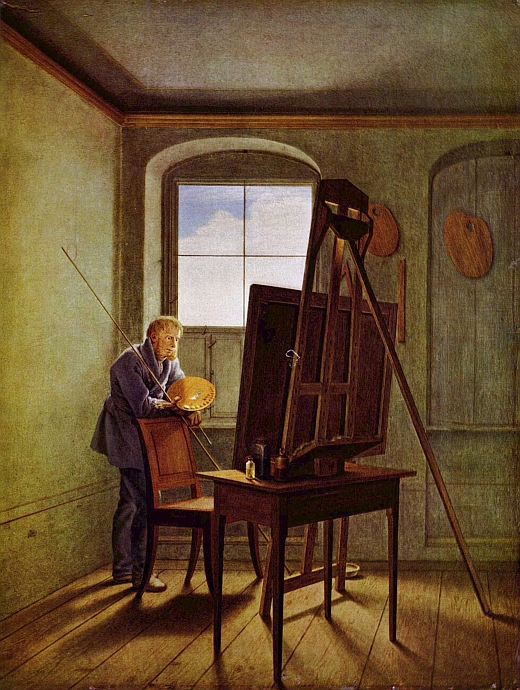
I believe in aristocracy. . . — if that is the right word, and
if a democrat may use it. Not an aristocracy of power, based upon
rank and influence, but an aristocracy of the sensitive, the considerate and the plucky. Its members are to be found in all
nations and classes, and all through the ages, and there is a secret
understanding between them when they meet. They represent
the true human tradition, the one permanent victory of our queer
race over cruelty and chaos. Thousands of them perish in
obscurity, a few are great names. They are sensitive for others
as well as for themselves, they are considerate without being
fussy, their pluck is not swankiness but the power to endure, and
they can take a joke. I give no examples — it is risky to do that —
but the reader may as well consider whether this is the type of
person he would like to meet and to be, and whether (going
further with me) he would prefer that this type should not be an
ascetic one. I am against asceticism myself. I am with the old
Scotsman who wanted less chastity and more delicacy. I do not
feel that my aristocrats are a real aristocracy if they thwart their
bodies, since bodies are the instruments through which we
register and enjoy the world. Still, I do not insist. This is not a
major point. It is clearly possible to be sensitive, considerate and
plucky and yet be an ascetic too, and if anyone possesses the first
three qualities I will let him in! On they go — an invincible army,
yet not a victorious one. The aristocrats, the elect, the chosen,
the Best People — all the words that describe them are false, and
all attempts to organize them fail. Again and again Authority,
seeing their value, has tried to net them and to utilize them as the
Egyptian Priesthood or the Christian Church or the Chinese
Civil Service or the Group Movement, or some other worthy
stunt. But they slip through the net and are gone; when the door
is shut, they are no longer in the room; their temple, as one of
them remarked, is the holiness of the Heart’s affections, and their
kingdom, though they never possess it, is the wide-open world.
—Edward Morgan Forster, Two Cheers for Democracy, “What I Believe” (1951)


